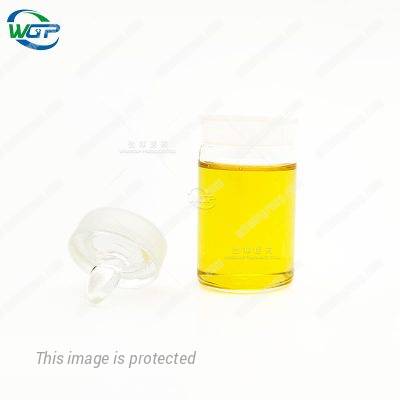- Description
- Our Policy
- Additional information
Description
Nicorandil CAS 65141-46-0 Product Information
| Product Name: | Nicorandil |
| Synonyms: | n-[2-(nitroxy)ethyl]-3-pyridinecarboxamide;N-[2-(NITROOXY)ETHYL]-3-PYRIDINECARBOXAMIDE;2-[(Pyridin-3-ylcarbonyl)amino]ethyl nitrate, N-[2-(Nitroxy)ethyl]pyridine-3-carboxamide;3-Pyridinecarboxamide, N-[2-(nitrooxy)ethyl]-;SG-75;Dancor;Nitric acid 2-nicotinoylaminoethyl ester;2-(pyridin-3-ylcarbonylamino)ethyl nitrate |
| CAS NO: | 65141-46-0 |
| Molecular Weight: | 211.17 |
| Molecular Formula: | C8H9N3O4 |
| Boiling Point: | 350.85°C (rough estimate) |
| Melting point: | 92°C |
| Density: | 1.4271 (rough estimate) |
| Appearance: | White to Off-White powder |
| Purity: | >98% |
| Storage: | 2-8°C |
What is Nicorandil?
Nicorandil is a medication that is primarily used for the treatment of angina pectoris, a condition characterized by chest pain or discomfort caused by reduced blood flow to the heart muscle. It belongs to a class of drugs known as potassium channel openers and nitrate derivatives. Here’s some information about Nicorandil:
Mechanism of action: Nicorandil works through a dual mechanism of action. Firstly, it acts as a selective opener of adenosine triphosphate (ATP)-sensitive potassium channels in smooth muscle cells, including those in coronary arteries. This causes relaxation and dilation of the blood vessels, improving blood flow to the heart. Secondly, Nicorandil also acts as a nitric oxide (NO) donor, releasing nitric oxide, which further promotes vasodilation.
Indications: Nicorandil is primarily used for the prevention and treatment of angina pectoris, including stable angina and variant (Prinzmetal’s) angina. It helps to relieve angina symptoms, such as chest pain or discomfort, by improving blood flow to the heart muscle.
Dosage forms: Nicorandil is available in tablet form for oral administration. The dosage and frequency of administration will be determined by a healthcare professional based on the individual’s condition and response to treatment.
Side effects: Common side effects of Nicorandil may include headaches, dizziness, flushing, and gastrointestinal disturbances such as nausea and vomiting. In some cases, it may cause ulcers or sores in the gastrointestinal tract. Serious side effects such as severe allergic reactions or low blood pressure can occur, although they are rare. It’s important to discuss any concerns or potential side effects with a healthcare professional.
Precautions and contraindications: Nicorandil should be used with caution in individuals with low blood pressure, heart failure, or kidney problems. It is contraindicated in patients with a history of hypersensitivity or allergy to Nicorandil or any of its components.
Prescription requirement: Nicorandil is a prescription medication, meaning it can only be obtained with a prescription from a healthcare professional.
| Transit time | You will normally receive your parcel within 7-15 working days after shipment (this may be delayed in special circumstances, such as Chinese New Year). |
| Receiving method | Generally we will send the goods by courier or special line, of course, if the goods themselves in the local warehouse have goods, also support self-pickup, depending on the circumstances. |
| Overseas warehouse | We have overseas warehouses in some European countries and Australia, such as Germany, Russia and Australia. |
| Delivery Method | WGP will ship via courier companies such as DHL, FedEx, UPS, TNT or EMS. |
| About After Sales | Within 7 days of your receipt of the goods if you find any problems with the goods (broken packaging, less hair, etc.) please feel free to contact our sales, we will help you deal with it in time. |
Additional information
| Weight | 1 kg |
|---|---|
| Melting Point | 92°C |
| Boiling point | 350.85°C (rough estimate) |
| Density | 1.4271 (rough estimate) |
| Solubility | DMSO: >10mg/mL |
| Color | White |
| Form | Powder |








Reviews
There are no reviews yet.